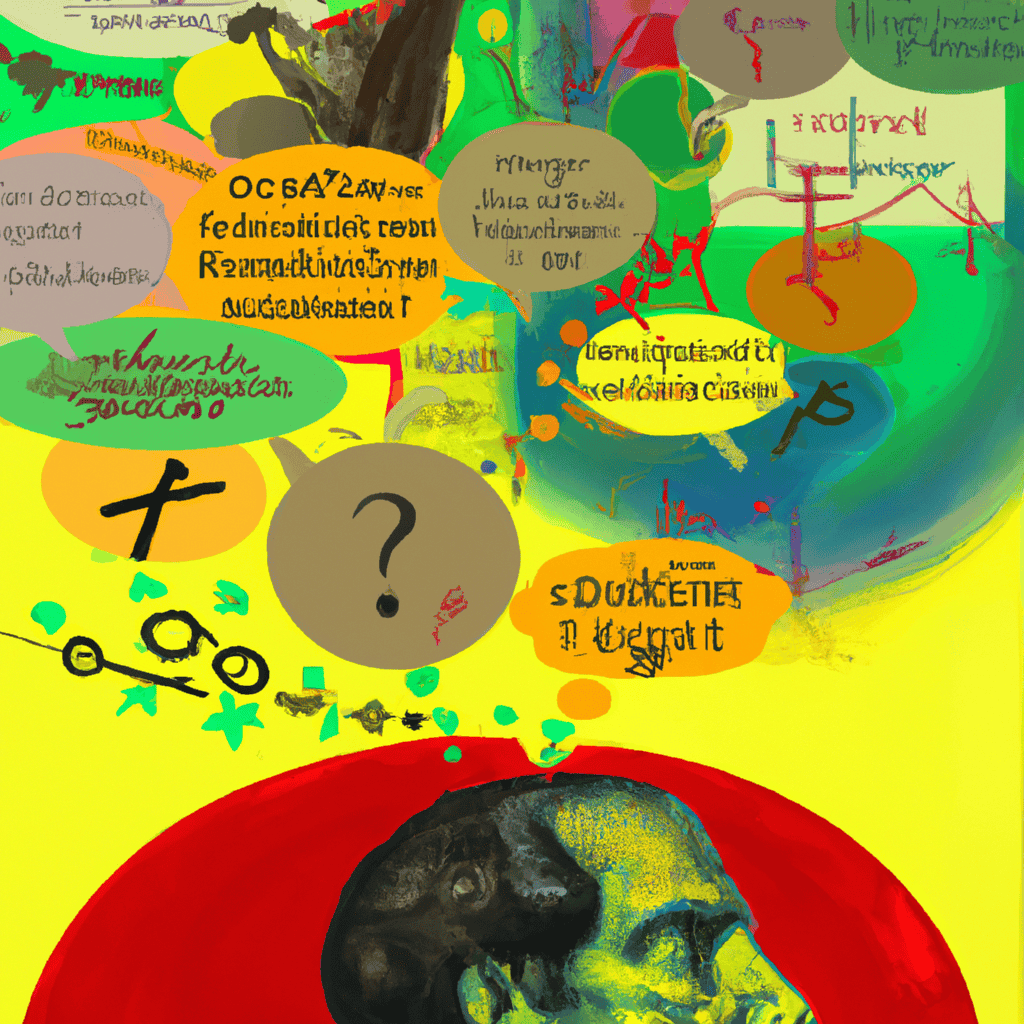
"Austrian economics invented after WWII" says lefty blogger
18 Aug 2009 - Bruno Prior
The left tend to enjoy a smug, patronizing sense that their views are the product of great intelligence, altruism, and encyclopaedic knowledge, while the right owe their views to ignorance, prejudice and a brutish love of money.
But for some reason, this superiority is insecure enough that they often feel the need to censor the challenges of their thuggish, stupid opponents. Surely, with the weight of reason and knowledge on their side, they can win any argument in a fair and open exchange?
Let's test that.
On Richard Murphy's Tax Research UK blog, a commenter posted to warn that some people were mentioning the Austrian school of economics in policy discussions (horrors!). I queried quite gently the claim that "the only country which carried out their ideas went bust" (I genuinely don't know which that is, and until I do, I can't say for sure that it isn't true), and pointed out the role of Mises in trying to stabilize the Austrian currency after WWI, when similar circumstances but different policies in Germany allowed inflation to get more irretrievably out of control and opened the door to the Nazis.
A reply to a flippant response from Richard Murphy led to the following peach from Paul Sagar:
-"Bruno,-
-The Austrian school refers an economic (and political) strand of thinking exemplified in Hayek, but with many other followers. It was developed after WWII, in specific response to the rise of state socialism.-
-It has never been put into practice. Especially not in the interwar period.-
-You twit."-
The Austrian school was developed after WWII in response to the rise of state socialism! Really?
So Carl Menger, founder of the Austrian school of economics, born 1840, died 1921, -magnum opus- (Principles of Economics) published in 1871, was not an Austrian-school economist? You might expect someone commenting patronizingly on economics to have heard of Menger and know that -P of E- was published in 1871, as the year in which the marginalist revolution, on which all modern economics is based, was launched with the simultaneous but coincidental publication of works by Menger and Jevons.
Eugen von Böhm-Bawerk (1851-1914), Friedrich von Wieser (1851-1926), Ludwig von Mises (1881-1973), and Richard von Strigl (1891-1942) were not Austrian-school economists, were they not? Friedrich von Hayek (1899-1992), Fritz Machlup (1902-1983) and Gottfried Haberler (1900-1995) developed none of their ideas before the war, did they?
What a world-class plonker. It seems he never made the leap to the concept of object permanence as a toddler - if Paul can't see it, it doesn't exist.
Why would you post with such assertive confidence on a subject about which you know nothing, especially as there were hints in the post to which you were replying that you might get picked up? And if this is your -modus operandi-, should we not also treat with caution any other statements you make with the blind confidence of the blissfully ignorant. How sweet to be an idiot, as Neil Innes sang.
As the original focus of Richard's and Paul's posts was Glenn Beck, who is every bit as creepy, weird, extreme and inclined to misrepresentation in support of his views as they say, I posted the following on Paul's blog:
-"It looks like right and left alike are capable of ignorant lies, putting ideology ahead of the facts. See Paul's contribution on the Tax Research UK blog at http://www.taxresearch.org.uk/Blog/2009/08/16/the-cato-institute-at-the-heart-of-misinformation/. This may shed some light on the depth of knowledge, understanding and perspective underlying Paul's views."-
It will be interesting to see if Paul allows a link to clear evidence of his ignorance to stand, or whether he removes the post to hide his arrogance and stupidity.
|
UPDATE: (in case people don't bother clicking through.) It seems I had it back to front - Paul has shown himself to be a sensible and decent guy, while Richard Murphy has provided the perfect illustration of the type of intellectually-insecure lefty that I was talking about. |
Incidentally, I am also waiting for my most recent reply to be approved by Richard Murphy, but I will be disappointed and surprised if he doesn't let it through. I hope Richard's better than that. He might even acknowledge that the Austrian-school economists were passionate anti-fascists (as well as anti-communists) and that some leading figures, such as Böhm-Bawerk before the Great War and Mises in the interwar period played important roles in promoting sound monetary and fiscal policies. They weren't always listened to, and the Austrian government certainly never implemented a full Austrian-school programme (I never claimed that they did), but their predictions and prescriptions were proved right by events.
Anyway, because posts disappear into the ether if they are blocked by the host, I've copied it below, just in case:
-"Paul,-
-Heard of Carl Menger, Eugen v. Boehm-Bawerk, Friedrich v. Wieser, Ludwig v. Mises, Richard v. Strigl? No? Noticed that Hayek, Machlup and Haberler were born around the turn of the century and began their academic careers in the 20s? No? Then don’t talk crap about stuff you haven’t got a clue about. I think we’ll know how seriously to take your other comments from now on. (For those wondering who’s right, just go and google those names, and discover what a plonker Paul is.)-
-And still I wait to learn which country it was that went bust from implementation of Austrian ideas (according to Simon) that have never been put into practice (according to Paul)."-